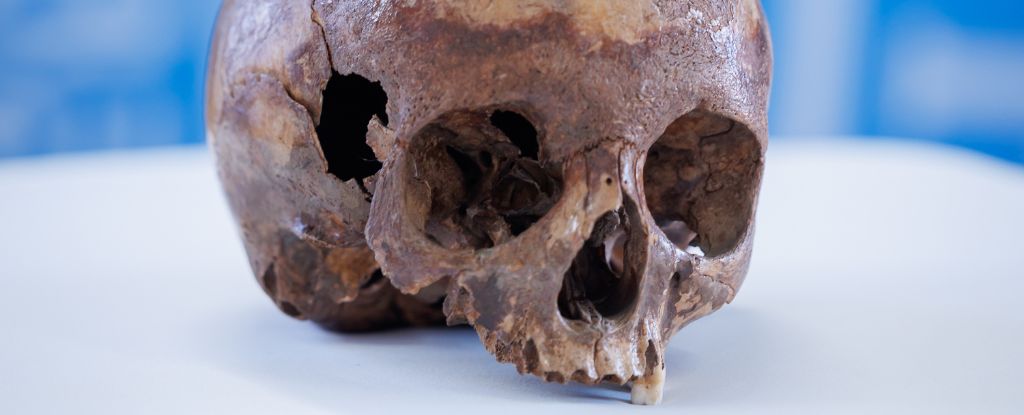It’s the holy grail for some people: how to possibly slow aging or wind back our body’s biological clock despite the years ticking by. And if it’s as simple as taking a daily pill, then even better.
Vitamin D has long been a favored candidate since it’s important for building muscle and bone, which typically waste away or weaken as we age. Studies show that without enough vitamin D, people’s age-related risk of muscle loss and falls increases.
So, would taking a vitamin D supplement help slow that decline, or even turn it right around?
Well, it’s complicated, just like aging itself. A new review from Italian researchers has surveyed the evidence to summarize what we know. Let’s take a squiz, starting with what aging looks like on a biological level.
The hallmarks of aging make for a long list of cellular changes, including shorter telomeres, unstable genes, molecular markings on our DNA, and chronic inflammation.
But as Carmelinda Ruggiero, a geriatric specialist at the University of Perugia in Italy, and colleagues explain in their paper, these hallmarks are “incredibly complex and highly interrelated” processes that are not as easy to detect as a general decline in physical strength and mobility – the first clinical feature doctors typically recognize in aging.
Clinicians have for decades recommended vitamin D supplements for people with osteoporosis and to help prevent bone fractures because a lack of vitamin D has been linked to those conditions.
That makes sense because vitamin D helps with calcium absorption. Although vitamin D is found in certain foods, it can be difficult to get enough from your diet alone or if you don’t get enough sun exposure.
But more recent clinical trials have found that vitamin D supplements don’t necessarily help prevent age-related bone loss and fractures in otherwise healthy people.
Similarly, Ruggiero and colleagues compiled observational studies and clinical trials examining the potential effects of vitamin D on the biological hallmarks of aging, and found the evidence is lacking: “To date, evidence… is scarce in humans and mainly based on preclinical [animal] models.”
Some studies suggest vitamin D can slow epigenetic aging since people with low vitamin D levels are biologically older than those with adequate levels. Vitamin D supplementation might also help reduce DNA damage but it does not seem to have an impact on telomere length.
There’s also very little evidence about what dose or at what age vitamin D supplements might have an effect, because there are so few human studies, and the findings have been mixed.
Some studies suggest taking a specific dose of vitamin D would be safe for the general population, but that might not be true for everyone. Research shows that taking high doses of vitamin D can be harmful. Vitamin D supplements can also interact with prescription medicines, such as cholesterol-lowering statins.
And while it might seem logical to top up low levels of vitamin D, experts say consuming more vitamins in supplement form isn’t necessarily better for health. It could lead people to disregard other things they can do to improve their health and live longer, like eating a balanced diet or getting outdoors.
“Despite the interest in vitamin D supplementation as a strategy supporting human longevity and some evidence about its potential in modulating hallmarks of aging, we are still far from the point of translation from bench to bed,” Ruggiero and colleagues conclude.
The review has been published in Nutrients.




